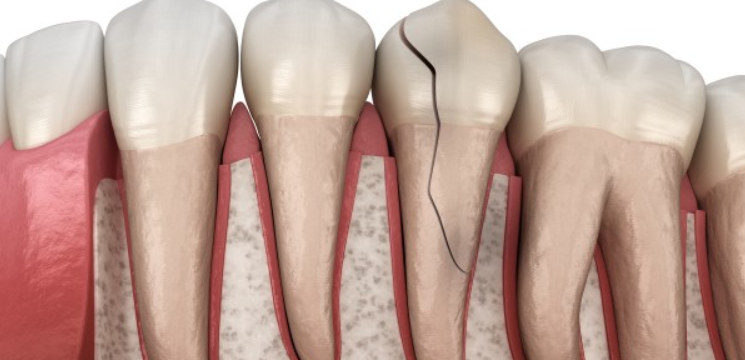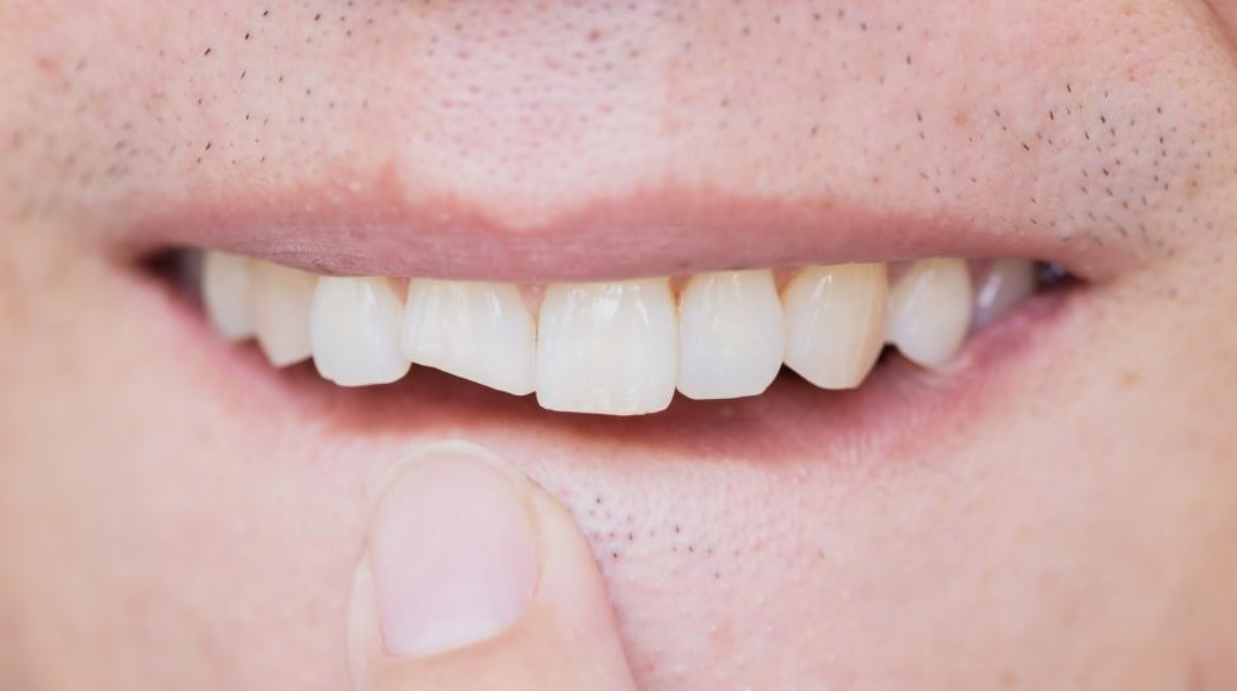
Cracked or fractured teeth can be painful and cause dental emergencies. While prompt treatment is essential, preventing these issues whenever possible is equally important. Emergency dentist rockville md specializes in treating cracked teeth promptly, ensuring swift relief and expert care for patients.
At Rockville Dental Arts, we’re committed to providing comprehensive care for cracked teeth while empowering patients with preventive strategies. Here’s what you need to know:
Understanding Cracked Teeth
Cracked or fractured teeth can result from various causes, including trauma, biting down on hard objects, teeth grinding (bruxism), or structural weaknesses due to large fillings. Common symptoms include tooth pain, sensitivity to hot or cold temperatures, pain when biting or chewing, and visible cracks or fractures on the tooth surface.
Preventing Cracked Teeth
Preventing cracked teeth starts with practicing good oral hygiene and adopting healthy habits. Here are some preventive measures to consider:
Avoid Chewing on Hard Objects: Refrain from biting down on hard objects such as ice, pens, or fingernails, as this can increase the risk of tooth fractures.
Use a Mouthguard: If you participate in sports or grind your teeth at night, wearing a mouthguard can help protect your teeth from injury and prevent cracks caused by bruxism.
Maintain Regular Dental Visits: Routine dental check-ups allow your dentist at Rockville Dental Arts to identify and address any early signs of tooth damage before they progress into more serious issues.
Address Dental Problems Promptly: Addressing dental issues such as cavities or structural weaknesses promptly can help prevent further damage and reduce the risk of tooth fractures.
Emergency Treatment for Cracked Teeth
If you experience a cracked or fractured tooth, it’s crucial to seek emergency dental care as soon as possible. Here’s what to do in the meantime:
Rinse with Warm Water: Rinse your mouth with warm water to clean the area and alleviate discomfort. Avoid using hot water, as it can exacerbate sensitivity.
Apply Cold Compresses: Apply a cold compress or ice pack to the outside of the cheek near the affected tooth to help reduce swelling and numb the area.
Avoid Chewing: Avoid chewing on the side of the mouth with the cracked tooth to prevent further damage. Stick to soft foods and avoid hard or sticky foods that could worsen the fracture.
Take Over-the-Counter Pain Relievers: Over-the-counter pain relievers such as ibuprofen or acetaminophen can help alleviate pain and reduce inflammation while awaiting dental treatment. Follow the recommended dosage instructions on the packaging.
Treatment Options
Treatment for cracked teeth depends on the severity and location of the fracture. Common treatment options include:
Dental Bonding: For minor cracks or fractures, dental bonding may be sufficient to restore the tooth’s appearance and function.
Dental Crowns: More extensive fractures may require a dental crown to protect and strengthen the tooth. Crowns are custom-made restorations that cover the entire visible portion of the tooth above the gumline.
Root Canal Therapy: If the crack extends into the tooth’s pulp (inner chamber), root canal therapy may be necessary to remove infected or damaged tissue and preserve the tooth.
Extraction: In severe cases where the tooth cannot be saved, extraction may be necessary to prevent further complications.
Conclusion
Cracked teeth can be painful and disruptive, but with prompt treatment and preventive measures, you can protect your dental health and avoid future emergencies. By following these tips and seeking timely care from Rockville Dental Arts, you can address cracked teeth effectively and maintain a healthy, functional smile for years to come. If you’re experiencing a dental emergency or have concerns about cracked teeth, don’t hesitate to contact Rockville Dental Arts for expert guidance and care. Our experienced team is here to provide compassionate support and personalized treatment to address your dental needs.

